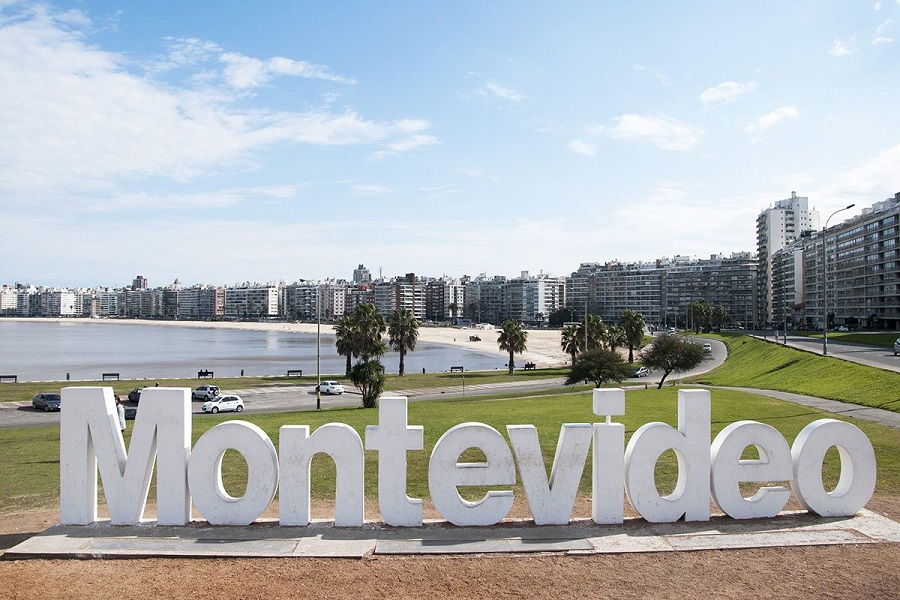RIO DE JANEIRO, BRAZIL – During the pandemic, many Uruguayan entrepreneurs entered into commercial agreements with colleagues on the other side of the River Plate to facilitate the purchase of real estate in their home country. Due to the boom in inquiries, not only are these agreements being strengthened, but they are also opening their own offices in Argentina.
“It is very difficult to penetrate Argentina because it is a very large market. We made agreements with local real estate companies that can replicate what we are doing,” says Fabián Kopel, director of Kopel Sánchez real estate and development company.

With the recent reopening of borders to foreign owners and the imminent opening of the market to tourists in November, Uruguay is expecting a flood of Argentines. “There is great pent-up demand. We are getting many inquiries and Argentines are closing many deals,” he explains.
Argentine investors are a plus for the real estate company compared to its usual clients (Uruguayans), and the company is considering entering the country. “The demand is very high. We will open an office in Argentina. We are working towards that because we believe it is crucial,” Kopel said.
Montevideo has become the most sought-after city by Argentines when buying real estate in the neighboring country, having dethroned Punta del Este. Promovida homes have become a good investment option in the Uruguayan capital, with affordable prices, low costs and a rental yield of between 5% and 6%.
“A studio apartment in a tower in Carrasco is priced at US$100,000. A two-bedroom with garage costs US$140,000 and these units are in a privileged location and in a building with a large number of amenities but at affordable rates,” Kopel said.
For Argentine developers building in Punta del Este or Montevideo, focusing on foreign investors seems more sensible.
“We have offices in Pilar and there are always Argentine investors buying in Montevideo. We have a well-oiled buying dynamic. We sell from Argentina and we have clients from all provinces,” adds Vitrium Capital’s commercial director Ricardo Mataloni.
The real estate entrepreneur explained: “We sell directly from the developer and we have a network of sales agents in Uruguay and Argentina -especially in the provinces- to attract investors.”
However, in the pandemic, digital tools were a great ally. “We work with digital platforms, which allows us to attract investors from all over the world. And we sign digitally, so travel is not even required,” he emphasizes.
Like his colleague, “this year, we added many points of sale in real estate agencies in the interior of the country; we understand that many people want to complete these deals in person.”
For Century 21’s president Roberto Vivaldo, “Uruguayan real estate agents are looking for partnerships with key players in the local market because they do not want to lose investments made by Argentines.”
As a network that operates in 86 countries, the connection and transactions between countries are simpler. “Everything is done digitally. This internal tool has become essential in times of pandemic,” he adds.
Today, unlike two years ago, those looking to buy in Uruguay may do so with no need to travel. “Most of our customers focus on doing all their transactions from here, as the Uruguayan system is more flexible and allows from a digital signature to the opening of an account without having to be there in person,” Vivaldo adds.
“Unlike in the pre-pandemic, these are small investors. They are looking to invest an average of US$80,000 and today the star is Montevideo, replacing Punta del Este,” the expert says.

